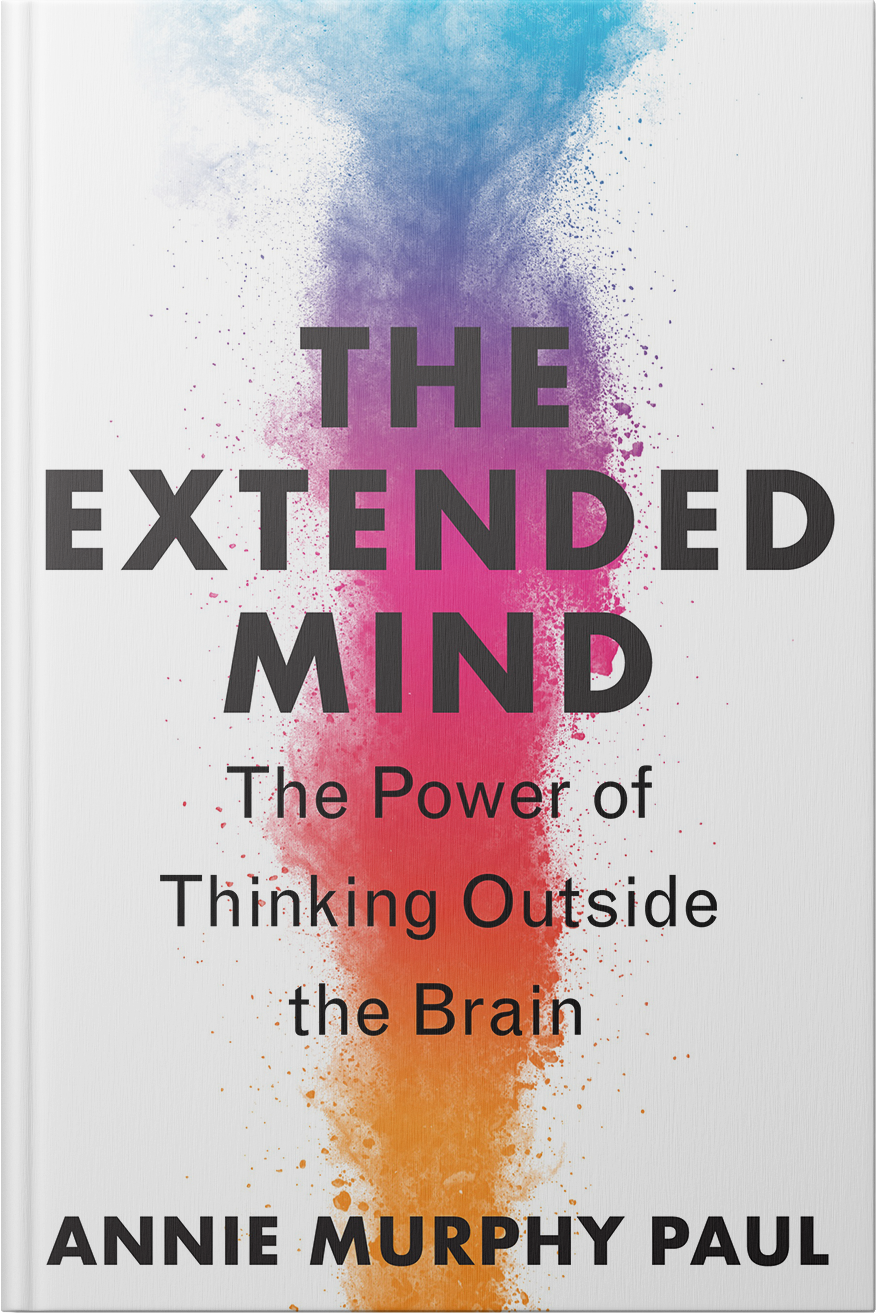If you like to read about psychology, you may have encountered the term “theory of mind,” which refers to our ability to think about the mental states of others: their thoughts, feelings, and intentions. But what about having a theory of our own mind? How well do we understand what’s going on in our own heads?
This question may be especially salient for people who are “neurodivergent”—whose minds operate in a different way. Peter Vermeulen, an autism expert, has written an interesting blog post on the subject of what he calls Theory of Own Mind.
“Very frequently, effort is focused on teaching autistic and other neurodivergent people to figure out what other people are thinking and feeling,” he writes. “For instance, we show them pictures of faces and ask them to identify how someone feels.”
“Training their Theory of Mind may have a certain benefit, but shouldn’t we rather start helping them to understand their own mental and emotional life first?” Vermeulen points to a key capacity underlying everyone’s ability to understand their inner lives: interoception.
Interception is our awareness of sensations arising within the body. People who have autism sometimes have difficulty feeling or interpreting these internal cues; as a result, they may not realize that they’re hungry and need to eat, or need to use the bathroom.
Interoceptive sensitivity is distributed on a spectrum, ranging from a relative absence of awareness to a hyper-awareness. (Such super-heightened acuity isn’t always a good thing; it can contribute to panic attacks, for example.)
But I think it’s worth pondering Vermeulen’s point. Most all of us spend a lot of time “figuring out what other people are thinking and feeling.” Shouldn’t we put some effort into developing a theory of our own mind, too?
In the chapter on “Thinking with Sensations” in The Extended Mind, I offer some simple exercises that can help us increase our interoceptive awareness.
Here’s the blog post from Peter Vermeulen:
“Theory of Own Mind, interoception and managing your own emotions”
Peter Vermeulen, on his Autism in Context blog
